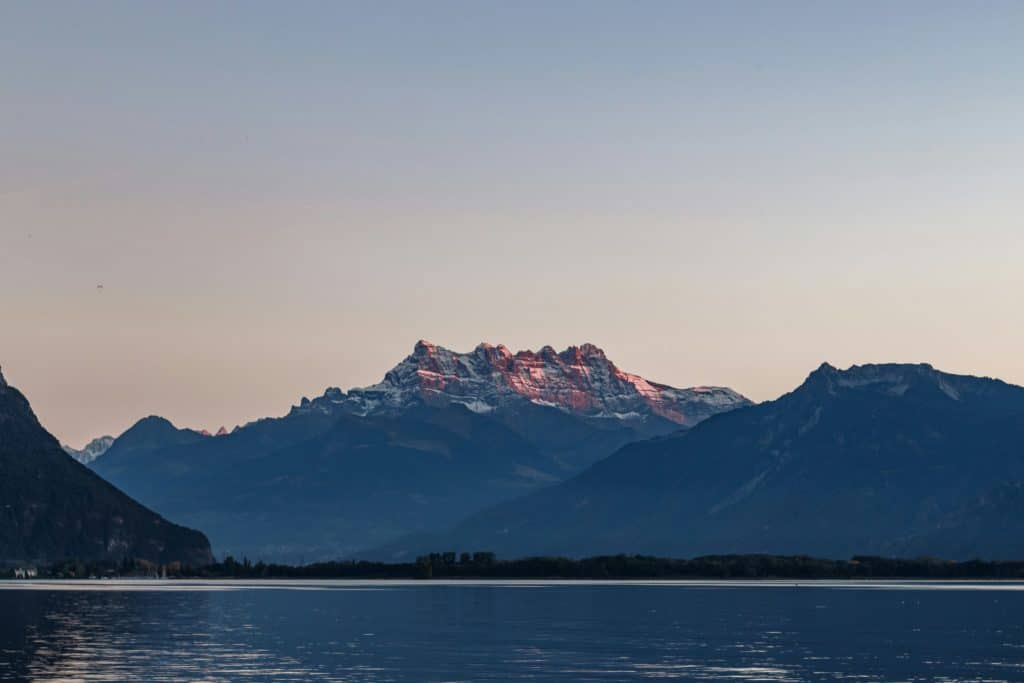We saw last time that to get through the winter, the Common Toad, along with many other species, buries itself under the ground and goes to sleep. Although this strategy saves energy and keeps them warm during the cold months, it requires them to go several months without eating. Suddenly, it's not so appetising...
Two-thirds of the birds have opted for a much more energy-intensive method, but one that allows them to continue feeding during the winter: migration.
Birds that leave early in the season head for the savannahs and tropical forests of Africa. Some species can cover 11,000 kilometres in beaten flight (flapping their wings, rather than gliding), which represents around 8 days of uninterrupted flight! Some have to increase their weight by a third before their journey. This is the case of the Common Yellowthroat, a small bird weighing just 10g that, in our region, heralds the return of spring in the willows by the rivers, and flies at least 12,000 km to reach its sub-Saharan wintering grounds.
Long-distance migrants account for around two-thirds of all migratory species. The Arctic tern is one of the largest migratory species. Every year, it flies from the South Pole to the North Pole and back! They can sometimes be seen in the Lake Geneva region, where they stop off before resuming their long journey.
Some birds go south to spend the winter, while others come from the north to spend the winter here. These are known as 'wintering' birds. Sooty Ducks, Red-crested Nets and Green-winged Teals, for example, are arriving on Lake Geneva. Because of its geographical position, surface area and food supply, our lake is an ideal place of refuge.
The arrival of spring (and of the Common Yellowthroat!) will herald a new wave of arrivals and departures. This is why the birds that can be seen on Lake Geneva are renewed with each change of season!
For more information on bird migrations, see 60s n#65, 'Winter quarters', and for more information on wintering species on Lake Geneva, see 60s n#72, 'Wintering ducks'.
Photo credit: Giuseppe Franco
Information : Le Temps, vogelwarte.ch


